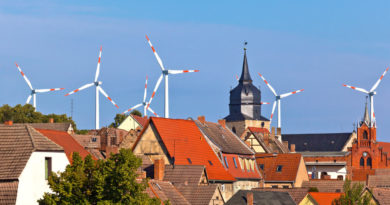37 year high in New Zealand. 85% of Electricity Production from Renewables

According to the data provided by the government, favourable conditions for hydro and wind generation saw New Zealand’s electricity share from renewables reach 85% of its total energy mix in the second quarter of the year. That is the highest share for the period ever, in which winter demand usually increases the demand for coal and gas based generation, in 37 years, per the Ministry of Business, Innovation and Employment.
In the same period, generation from non-renewable sources fell by 27% year-on-year. Despite no new capacity being added in the country’s energy mix since the 6.8MW Flat Hill wind farm was commissioned in 2015, wind generated 560GWh of energy in the quarter, an increase by 12% year-on-year, and 24.1% quarter-on-quarter.
Hydro (6,843GWh) produced more power than any other source in the second quarter of the year, the most since the third quarter of 2016 and nearly 13 percent more than the second quarter last year, ahead of geothermal (1,841GWh), gas (1,340GWh), and then wind (560GWh).
New Zealand has a target to achieve 90 percent renewable power generation by 2025 and has suggested going to 100 percent renewable by 2035. James Hogan, the MBIE’s manager of energy and building trends, said renewables’ higher share came despite national electricity demand being unchanged for the quarter compared to the same period last year.
“The quarter also coincided with New Zealand Refining’s planned maintenance shutdown at the Marsden Point refinery and a reduction in output from the Pohokura gas field. As a result, there were significantly higher imports of refined fuels and a 35 per cent decline in crude oil imports over the period while gas supply was down 17 per cent on the June 2017 quarter,” Hogan said as he pointed out the success of the planned shutdown of the Marsden Point oil refinery and a reduction in output from the Pohokura gas field.
Read: Why these stories from France, Australia, Germany, California and the UN matter.




